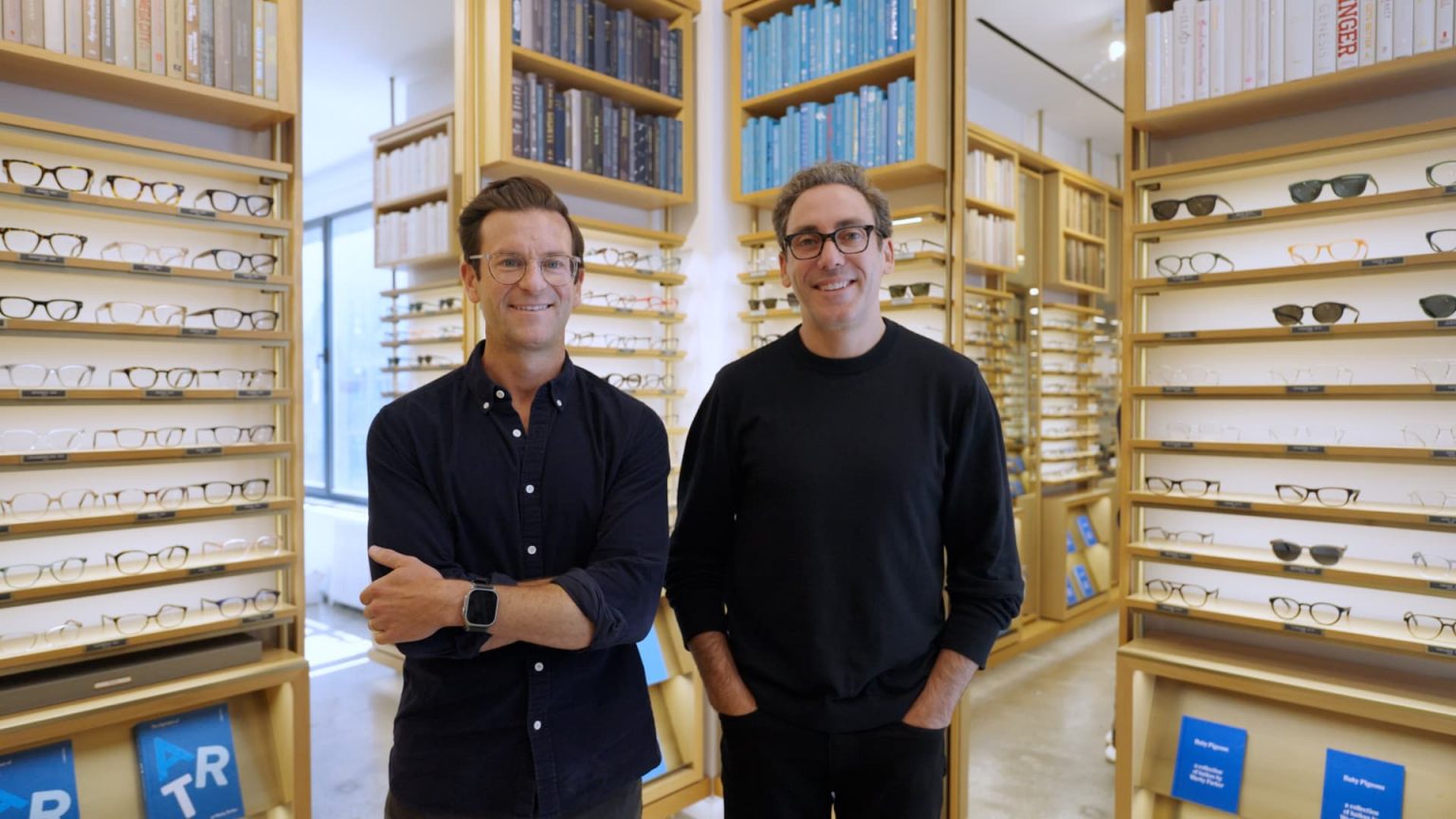Dave Gilboa, co-founder and co-CEO of Warby Parker, lost an expensive pair of Prada eyeglasses before starting an MBA program at Wharton School. This led him to join forces with classmates Neil Blumenthal, Andy Hunt, and Jeff Raider to create a solution to the frustration of losing expensive eyewear. Together, they founded Warby Parker, a direct-to-consumer brand that has disrupted the global eyewear industry, selling millions of glasses both online and in brick-and-mortar stores across the U.S. and Canada. The company brought in nearly $670 million in revenue last year and currently has a market value of $1.79 billion.
For many direct-to-consumer brands, achieving profitability can be a challenge due to thin margins. Warby Parker, however, is on the verge of becoming profitable by focusing on brick-and-mortar stores, which have been more lucrative than their online sales. The company also plans to expand its store locations to increase revenue further. This strategy is expected to position Warby Parker for sustainable profitability as early as next year. Neil Blumenthal emphasizes the company’s readiness to take advantage of the growing demand for glasses and contacts.
Warby Parker was founded in 2010 with each co-founder investing $30,000 in the business. They ran the company from Blumenthal’s apartment and did not take salaries initially. The brand quickly gained attention with Vogue and GQ likening it to “the Netflix of eyewear.” The company saw overwhelming demand upon launch, reaching its first-year sales targets within three weeks. As customer interest grew, the co-founders opened their first brick-and-mortar store in Manhattan’s SoHo neighborhood in 2013, which marked the beginning of their extensive retail expansion.
Despite consistent revenue growth, Warby Parker remains unprofitable after 14 years. The company, however, is in a strong financial position with an adjusted EBITDA of $52.4 million last year. Industry analysts predict that Warby Parker will achieve solid profitability by next year. The company aims to become a comprehensive vision-care provider by offering eye exams in their stores, which has contributed to an increase in average revenue per customer. With plans to open more stores and grow its customer base, Warby Parker is positioned for continued success.
Warby Parker currently operates 269 stores and plans to open hundreds more in the future. The company has seen a 30% increase in active customers since 2019, with more than 2.3 million customers in 2023. Despite the company’s growth, it remains relatively small compared to industry giants like EssilorLuxottica, which generated over $28 billion in sales last year. However, Neil Blumenthal is confident in Warby Parker’s potential for growth within the global eyewear market and aims to make the brand one of the most beloved in the world. The company’s next ambitious goal is to solidify its position as a leading eyewear brand on a global scale.
To learn more about managing finances and achieving success, CNBC offers an online course that teaches practical strategies for budgeting, reducing debt, and growing wealth. By signing up for the course, individuals can gain confidence and skills to succeed in various aspects of their lives. Additionally, subscribing to CNBC Make It’s newsletter provides valuable tips and tricks for success at work, with money, and in life, ensuring ongoing support for personal and professional growth.


